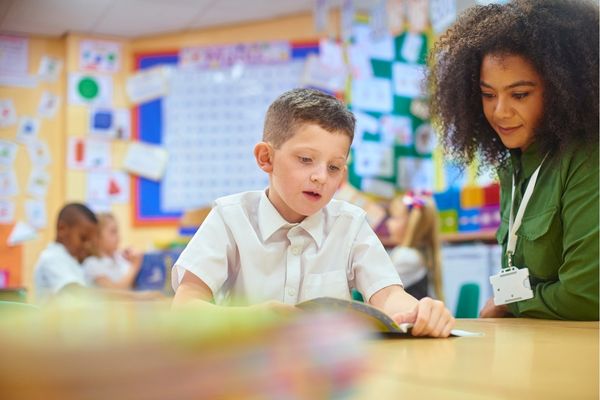The Changing Forces of Parenthood and Childhood (and what it all means for schooling)
June 01, 2019
 A focus on the dynamic nature of parenthood and childhood as forces that bear directly on the work of educators and the role schools play
A focus on the dynamic nature of parenthood and childhood as forces that bear directly on the work of educators and the role schools play
School-age children spend a substantial part of their waking hours (and probably some of their dozier ones, too) in classrooms, labs, lunchrooms and gymnasia. But what they draw from their formal education is shaped markedly by factors outside the boundaries of their schools. Societal forces apply major influence on outcomes.
In this issue, we focus on the dynamic nature of parenthood and childhood as forces that bear directly on the work of educators and the role schools play. To do this, we invited an array of experts who have been active in the public sphere as commentators on the changes unfolding in the makeup of young children and teenagers and the modern evolution of parenting.
Our 11 essayists whose short pieces follow come from the fields of developmental and child psychology, sociology, economics and education. Many have written recent books that have captured public attention with titles and subtitles such as “Parenthood in the Age of Fear,” “How Young People Find Their Calling in Life,” “How to Raise an Adult” and “Why Today’s Super-Connected Kids are Growing Up Less Rebellious, More Tolerant, Less Happy — and Completely Unprepared for Adulthood — and What That Means for the Rest of Us.”
The attention to these issues is made even more timely by the news of the day — in this case, the cringe-worthy, underhanded attempts of hypercompetitive parents to gain their children’s admission into some of the nation’s most selective universities. Even on a noncriminal scale, otherwise conscientious parents get caught up in the college admissions frenzy by becoming way too involved in their teens’ lives. You’ll see that point emerge in several of the essays here.
Peg Tyre, who has written The Trouble With Boys and The Good School among other works, refers to “the extraordinary opportunity-hoarding and advantage-seeking” among middle-class parents. Elliot Weininger, a sociologist, studied how this phenomenon plays out in front of a board of education in a suburban school district.Granted, plenty of questions are unanswered here or anywhere else about how much of children’s academic success is actually determined by parenting practices or by simply growing up in a well-resourced environment lacking any serious personal needs.
William Damon, a Stanford professor who has committed much of his career to studying adolescence, lately has been drawn to the need of teens to find purpose, not just personal goals — which means identifying something personally meaningful and acting on it. He thinks it’s widely overlooked.
Unsurprisingly, the matter of smartphone addiction among the young arises in the essay by Jean Twenge, a psychologist at San Diego State. Twenge, author of a 2018 book titled iGen, has examined longitudinal studies of high schoolers and conducted in-person interviews of students, leading her to define a new generation with profound psychological problems.
The intersection of personal technology and parenting is a fascinating angle (that we perhaps should explore the next time we dwell on a theme issue of this nature). After all, who knows to what extent voice-controlled parenting tools (see Amazon Echo) might be playing soon in helping children with their homework and ensuring they get to bed on time. A writer with The Wall Street Journal devoted a full-length article recently on how she’s using Echo to lighten her parenting load.
Author
Advertisement
Advertisement
Advertisement
Advertisement




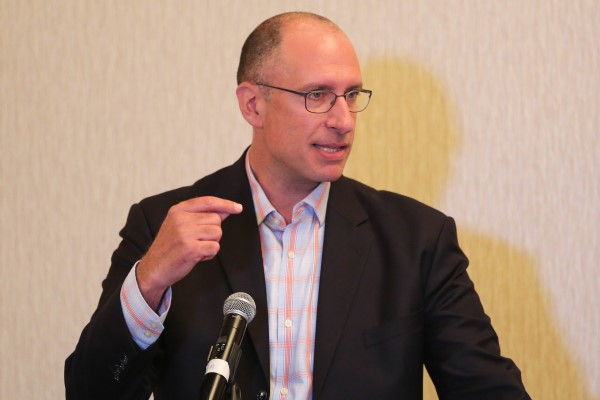
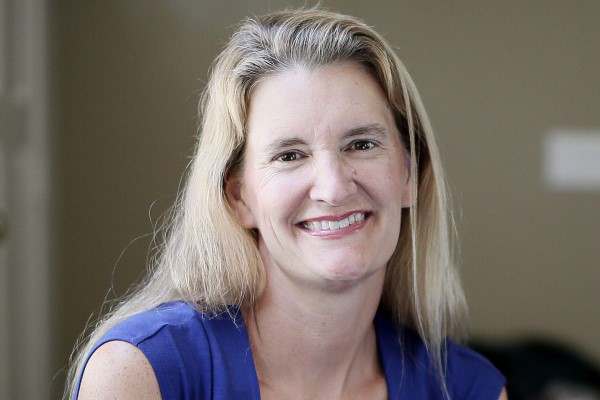
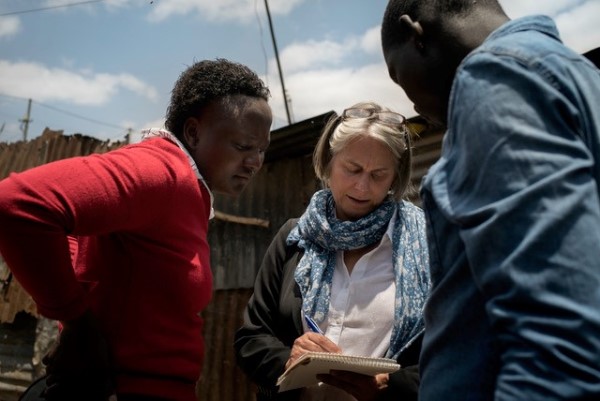


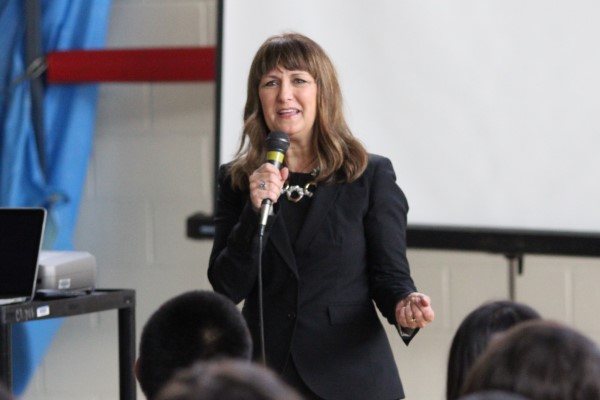


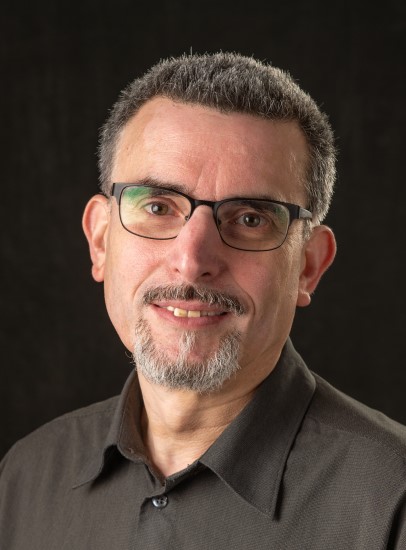
.png?sfvrsn=53cf74f6_7)

